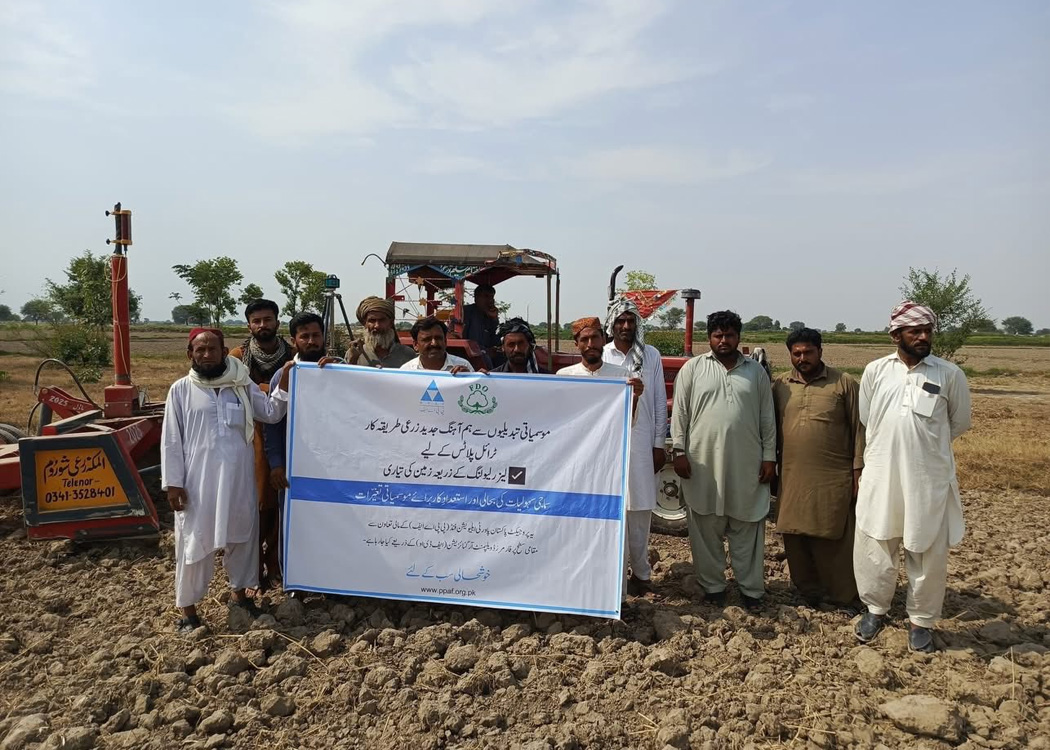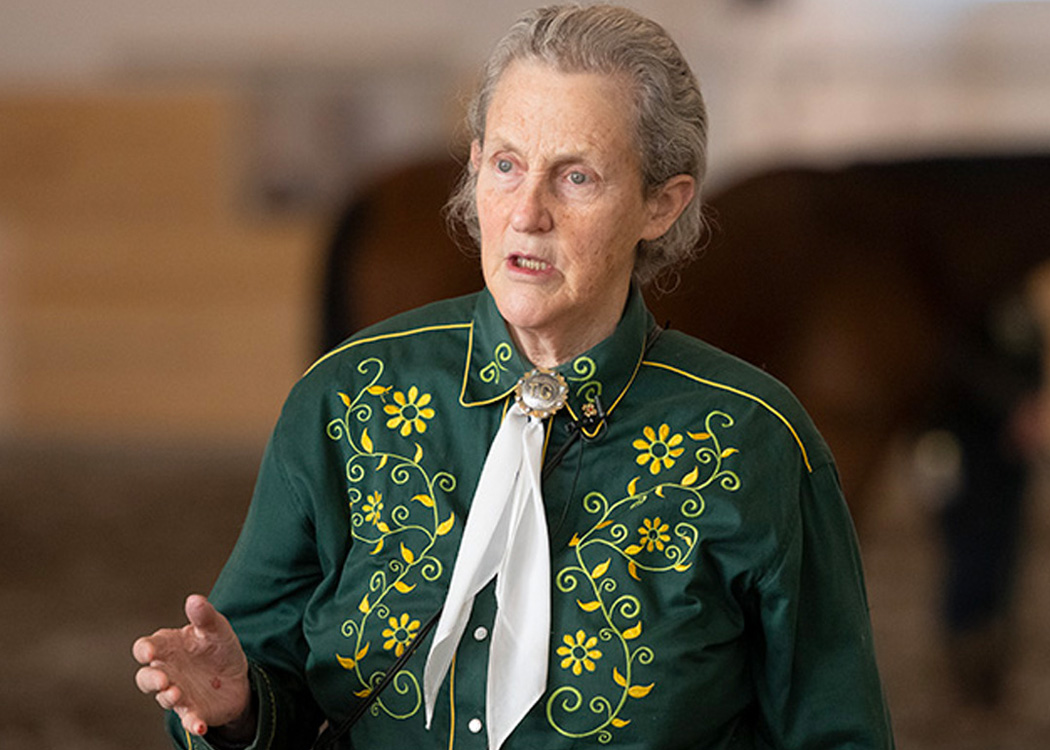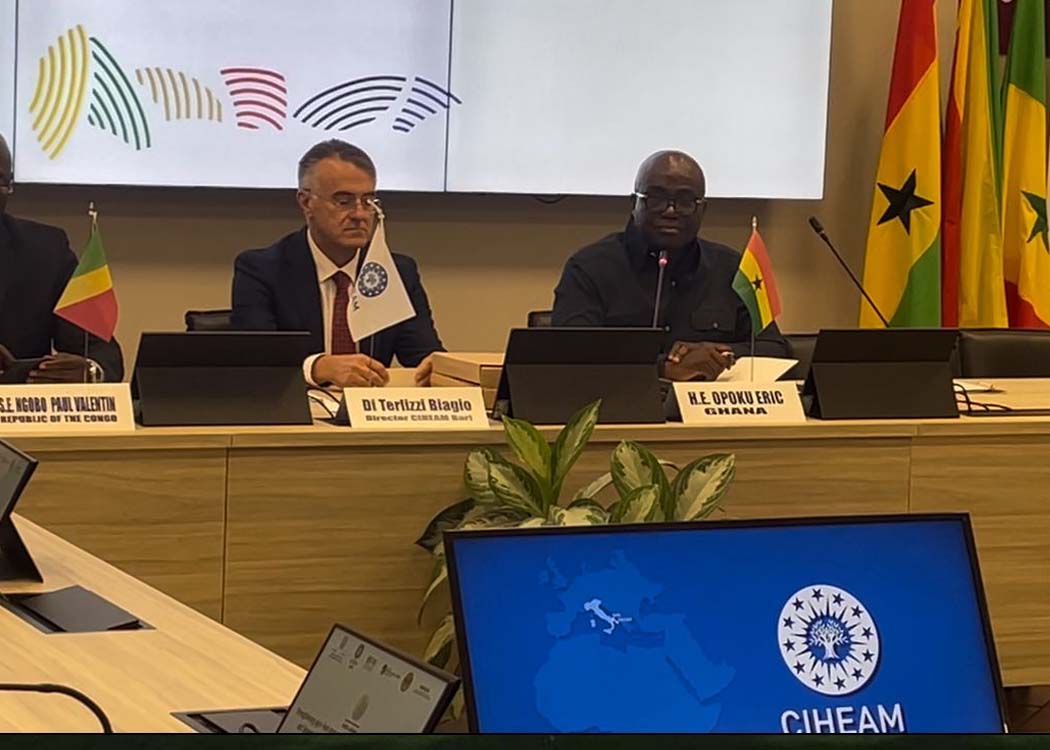BAHAWALPUR: The Pakistan Poverty Alleviation Fund (PPAF), under its Restoring Social Services and Climate Resilience Project, is driving real change in the heart of rural Pakistan by introducing climate-smart agricultural practices that promise long-term sustainability and resilience.
In collaboration with its local implementing partner, the Farmers Development Organization (FDO), PPAF recently introduced a climate-resilient cotton seed variety—IUB-13, developed and approved by The Islamia University of Bahawalpur. This initiative was rolled out on demonstration plots for around 10 farmers in Union Councils Ghalwan and KhairPur Daha, located in one of Punjab’s vulnerable agricultural zones.
These selected farmers were not only provided with IUB-13 seeds, but also received practical training in laser land leveling and soil sampling techniques—two vital components of modern agri-tech that help conserve water, enhance crop yields, and optimize land usage.
This is more than just a pilot initiative—it’s a step toward a climate-resilient future for Pakistan’s agriculture. By enabling farmers to adapt to changing environmental conditions, PPAF and FDO are fostering self-reliance, sustainability, and economic empowerment in underserved communities.
The project is aligned with national priorities and is supported by key stakeholders including the Government of Pakistan, Government of Punjab, Ministry of National Food Security & Research, Ministry of Planning, Development and Special Initiatives, and the International Fund for Agricultural Development (IFAD).
By planting seeds of innovation today, PPAF is helping rural Pakistan reap a future of greener, smarter, and more resilient farming. This is how prosperity takes root—one plot, one farmer, one solution at a time.






